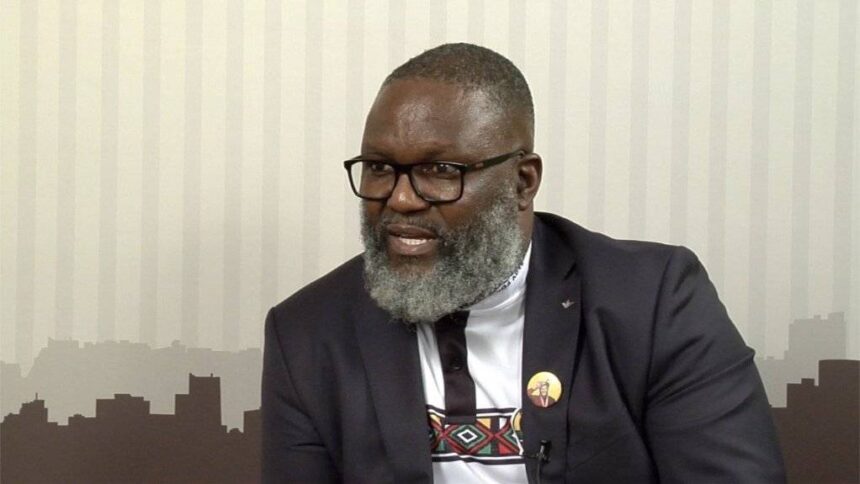Public Service and Administration Minister Inkosi Mzamo Buthelezi emphasized the importance of citizen engagement in the fight against corruption during the G20 anti-corruption working group (ACWG) meeting in Cape Town. He highlighted that active citizens are not just passive recipients of governance but are essential drivers of accountability and reform.
Corruption, according to Buthelezi, is a complex issue that takes on various forms, including the misappropriation of public funds, bribery, and nepotism. It thrives in environments where ethical leadership is lacking, financial controls are weak, and accountability is absent. The implications of corruption are far-reaching, eroding trust in public institutions, stifling economic growth, and depriving citizens of essential services and opportunities.
South Africa’s ranking in Transparency International’s Corruption Perceptions Index for 2024 was 82nd out of 180 countries. While the country has made progress in combating corruption since ratifying the UN Convention Against Corruption in 2004, there is still work to be done. The ACWG, established in 2010, aims to strengthen the public sector by promoting transparency, integrity, and accountability, enhancing asset recovery measures, and mobilizing the participation of various sectors to combat corruption.
One of the key focuses of the ACWG is the protection of whistleblowers, as they play a crucial role in exposing corrupt practices. Buthelezi emphasized the importance of creating legislative reforms that provide robust protections for whistleblowers so they can report wrongdoing without fear of reprisal. By strengthening public institutions, enhancing asset recovery, promoting inclusive participation, and protecting whistleblowers, the ACWG aims to make a meaningful impact in the fight against corruption.
Buthelezi underscored that combating corruption is a long-term commitment that requires collaboration, integrity, and collective action. By setting an example of transparency and accountability, the G20 nations can inspire change beyond their borders. South Africa has implemented strong constitutional and legislative provisions to combat corruption, and Buthelezi stressed the importance of fostering a culture of accountability within public institutions.
In conclusion, the fight against corruption is an ongoing effort that demands unwavering commitment and cooperation. By working together to strengthen governance systems, promote transparency, and protect whistleblowers, the G20 nations can make a significant impact in eradicating corruption and building a more just and equitable society.








